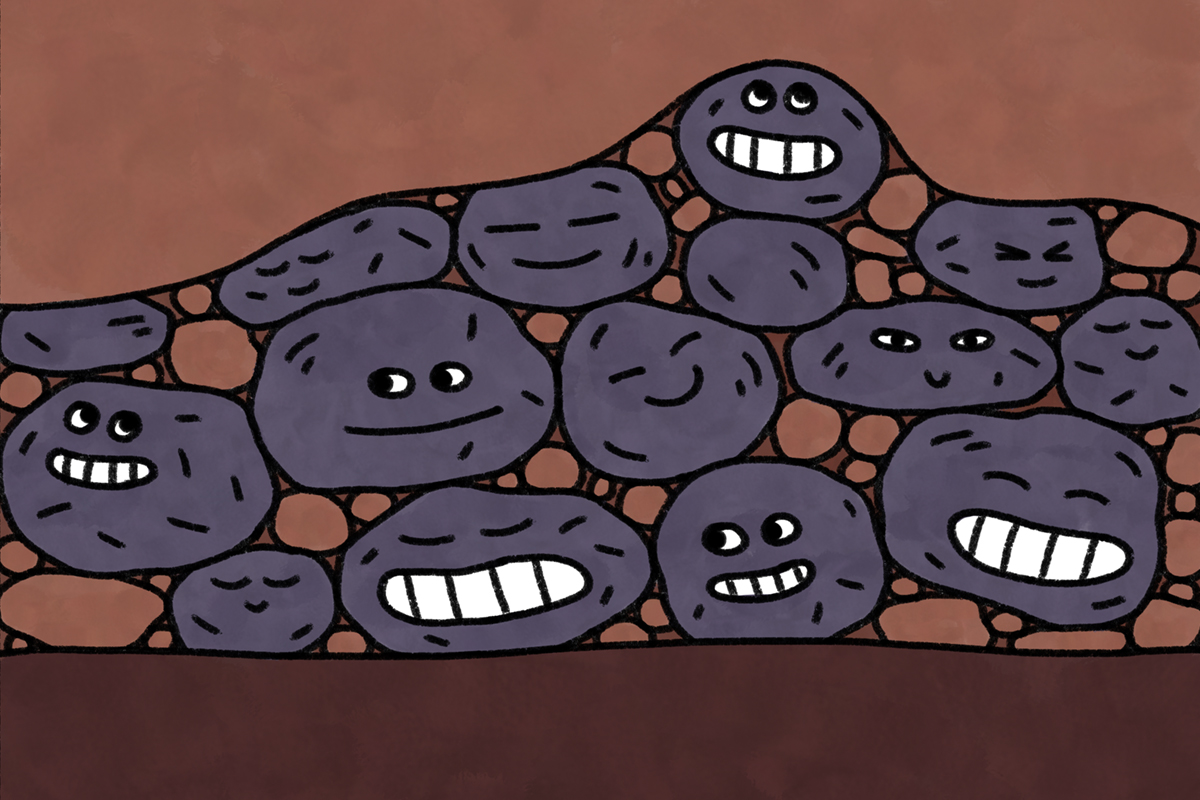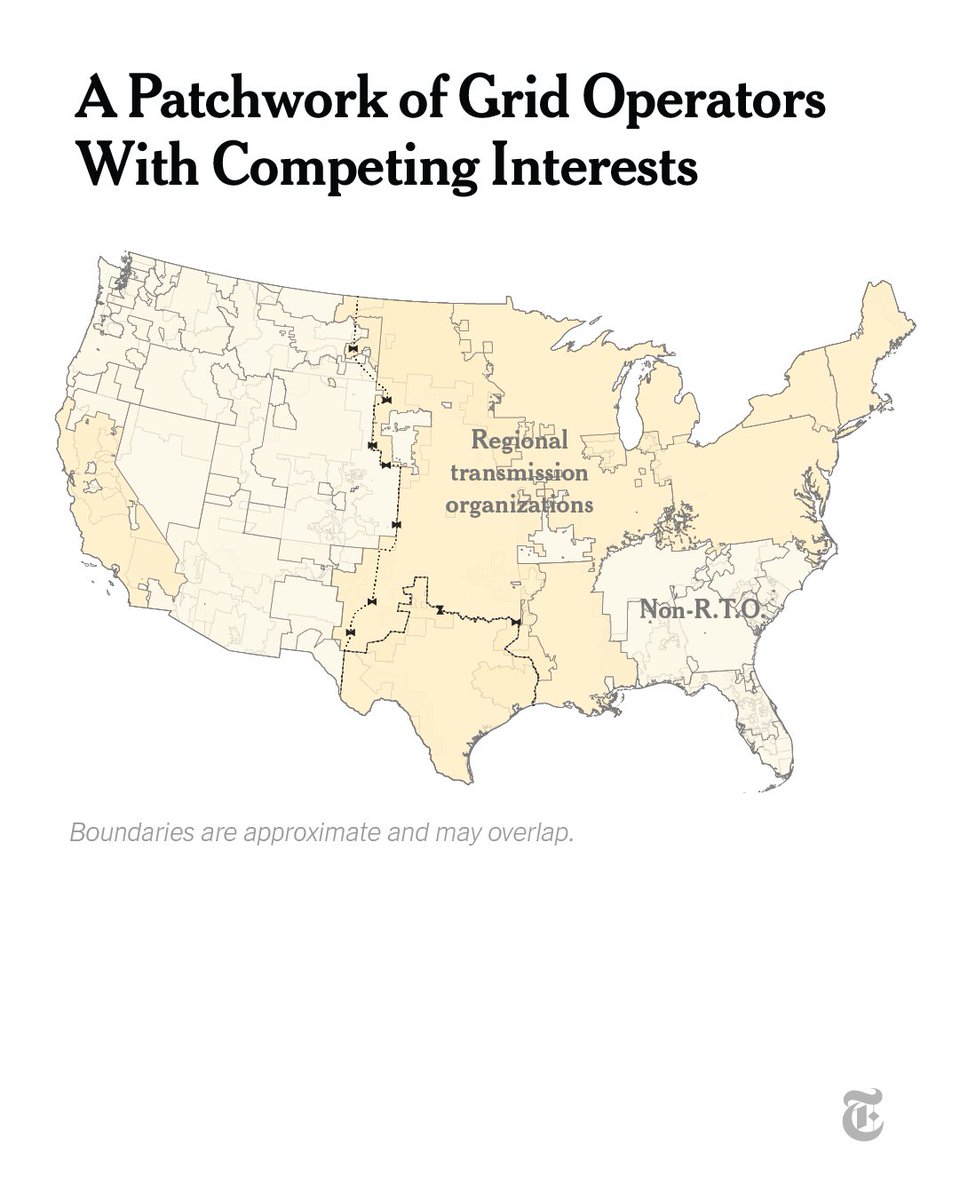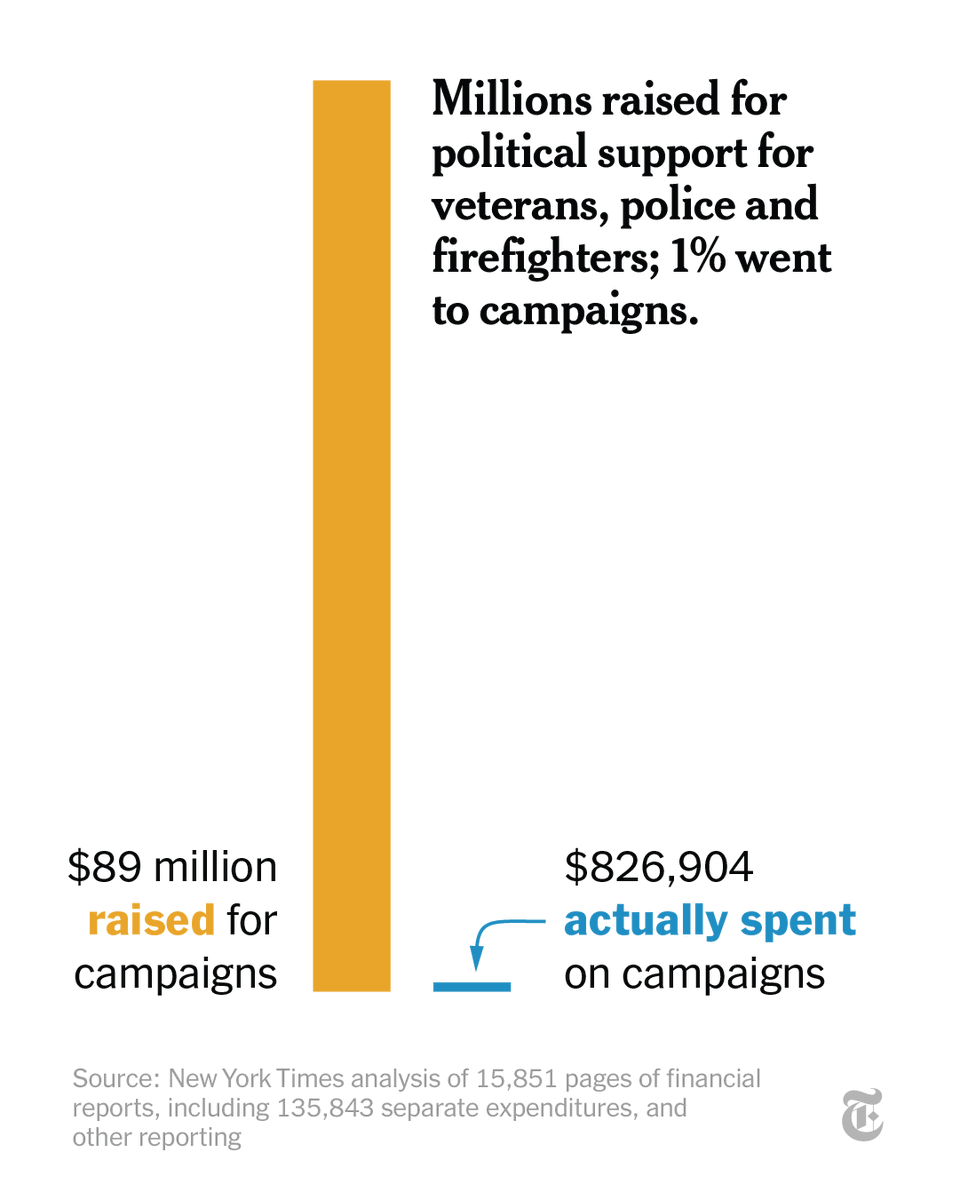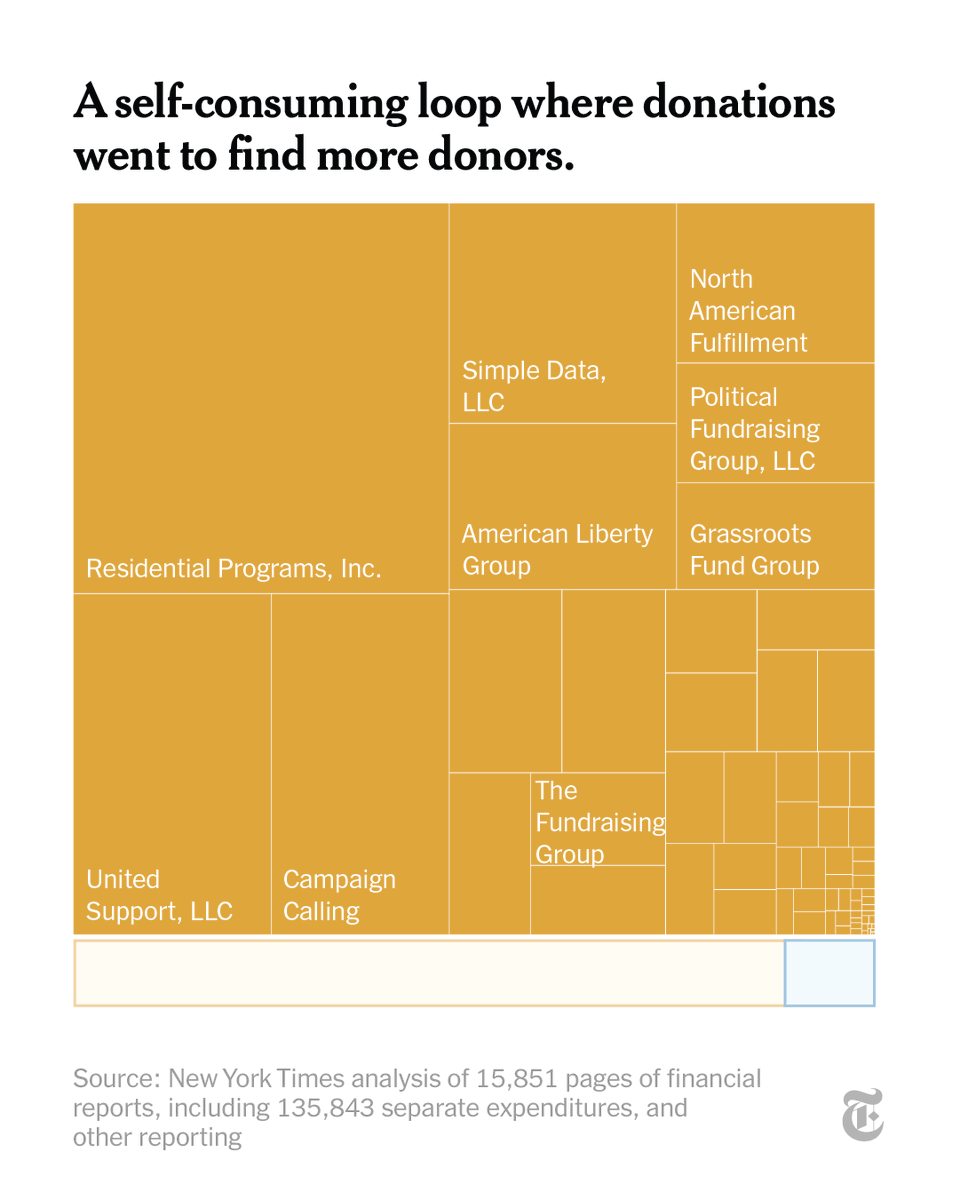This is a story about peat — the brown stuff lurking in bogs and swamps and potting soil — and why it may be nature’s greatest champion against climate change. nyti.ms/3BYREk1 

In grounds too soggy for dead things to decompose, plants pile up in layer after layer, forming thick, muddy peat. nyti.ms/3BYREk1 

For centuries, people have wandered around these soggy stretches of mud and wondered: What on earth is a peatland good for? nyti.ms/3BYREk1 

A peatland is too quaggy to hold up a house or support crops, and don’t even get us started on the mosquitoes. nyti.ms/3BYREk1 

But the thick brown muck holds a secret: loads of carbon sealed underground and away from the atmosphere, making peat one of the world’s best carbon sinks. nyti.ms/3BYREk1 

Although peatlands make up a tiny percentage of land on Earth, they store twice as much carbon as all the world’s forests combined. nyti.ms/3BYREk1 

Peatlands can take on many forms, from bogs and fens to deeper cuts: pocosins, palsa, blanket bogs and tropical peat swamp forests. nyti.ms/3BYREk1 

And peatlands capture more than just carbon. A bog might preserve anything that tumbles into it: lumps of butter and human bodies thousands of years old. nyti.ms/3BYREk1 

In addition to butter, bodies and carbon, we hope peatlands have also captured your attention!
Read more from @aznfusion about this miraculous mud, with illustrations from @edenweingart. nyti.ms/3BYREk1
Read more from @aznfusion about this miraculous mud, with illustrations from @edenweingart. nyti.ms/3BYREk1
• • •
Missing some Tweet in this thread? You can try to
force a refresh















